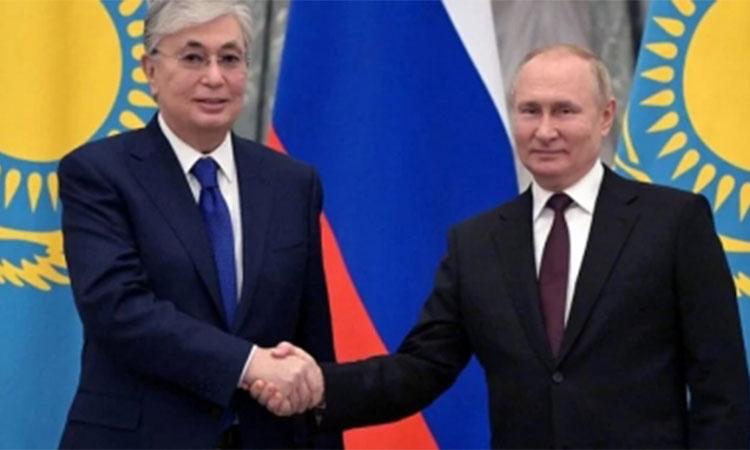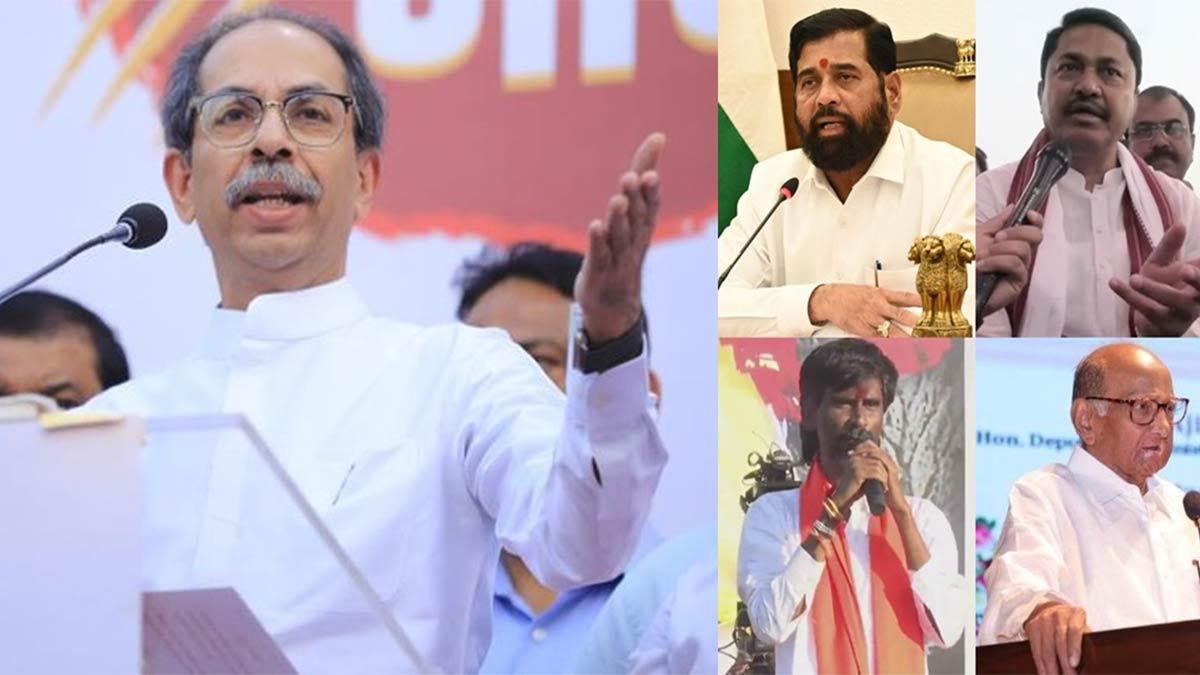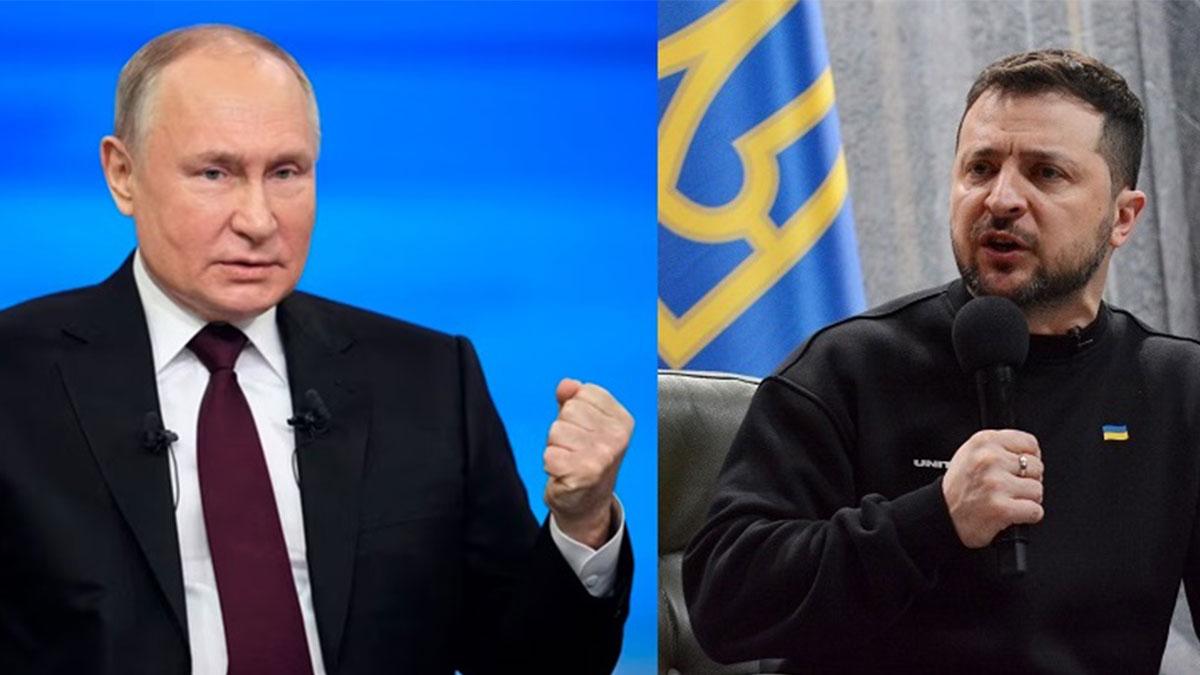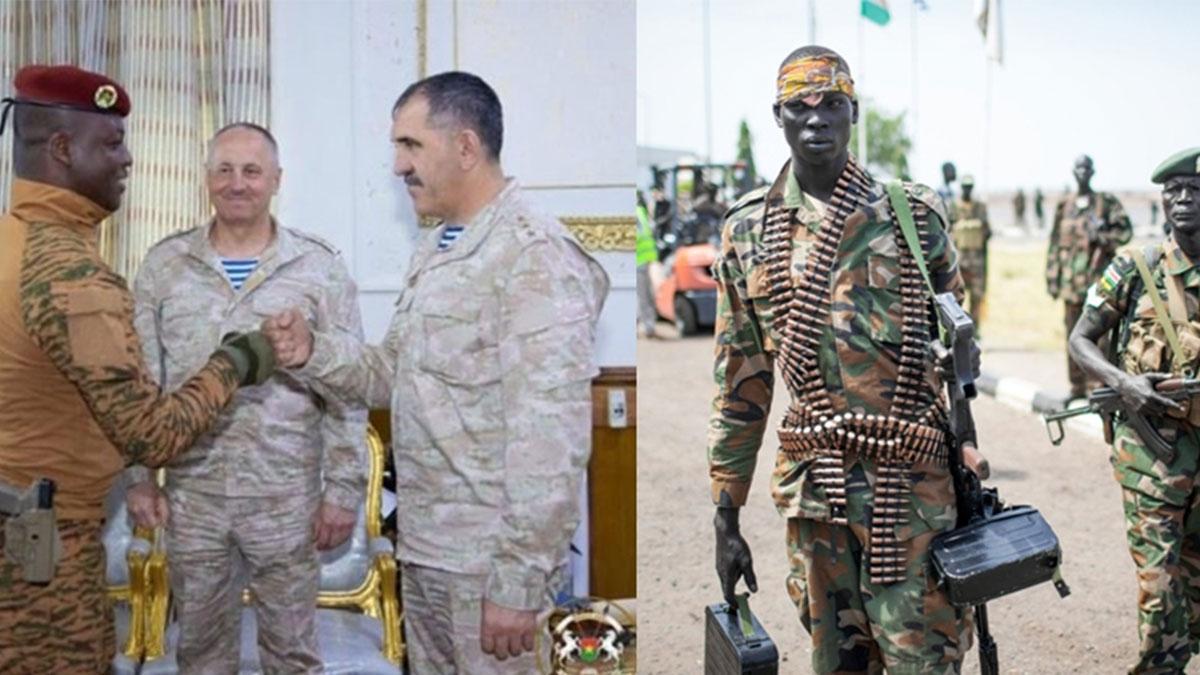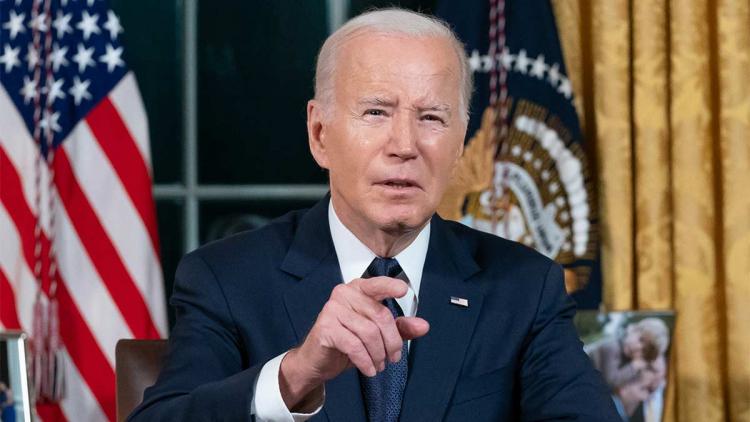As Russia's conflict with Ukraine drags on, its allies and partners in Central Asia are caught in a bind. So far Kazakhstan, the largest Republic in the region in terms of territory, has refused to follow the Russian example of recognising the breakaway regions of Donetsk and Luhansk as sovereign states. Together they form the Donbass region which was part of eastern Ukraine at the time when war with Russia broke out in February.
In March, Kazakhstan refused to send troops for Russia's military operations in Ukraine. It then announced that it would not recognise the breakaway regions.
On February 21, Russia had recognised the breakaway regions, governed by Moscow-backed militias, as sovereign republics. President Vladimir Putin had announced recognition and signed a decree to that effect.
More recently, Kazakh President Kassym-Jomart Tokayev reiterated his country's stand vis-a-vis these breakaway republics at a discussion at St. Petersburg where he was attending the St. Petersburg International Economic Forum.
Also Read | Beyond The Headline: Understanding who lit the flames of 'Agnipath, and why?
According to the president, two key principles in the UN charter - the territorial integrity of countries and the right of nations to self-determination - were at odds with each other in this case. However, if nations' right to self-determination is exercised all over the globe, instead of the 193 current UN states, 500-600 states would be formed, creating chaos.
Yet Tokayev's very presence at the conference was reflective of Kazakhstan's ties with the Russian Federation. This year with most European countries boycotting the St. Petersburg International Economic Forum, the presence of countries carried special symbolism. And Kazakhstan turned out to be a major presence.
Tokayev even went on to say that he supported greater Eurasian integration - the Greater Eurasian Partnership, Putin's pet project, which he announced in 2017.
"Kazakhstan, being an active participant in the integration processes, is invariably in favour of mutually beneficial cooperation with other international organisations... The topic of the formation of the Greater Eurasian Partnership is being discussed with interest at the St. Petersburg Forum.... It is expected that this concept will be oriented, including the creation of a common space of equal cooperation between regional organisations. Therefore, Kazakhstan maintains a positive attitude to the process of creating the Greater Eurasian Partnership," the president said.
Kazakhstan's predicament is understandable. In January this year it tasted the stuff that is the nightmare of the region's regimes - mass popular and spontaneous uprising across the country, which then it reported was infiltrated by terrorists and radicals.
In panic it called on Russian led troops from the Moscow-led Collective Security Treaty Organisation (CSTO). However, it also had to assuage genuine grievances and so had the CSTO troops removed as quickly and suddenly as they had been called.
While relations with Moscow are crucial in terms of trade, economy, and energy sales - Kazakhstan is a member of the Eurasian Economic Forum, Russia is its largest trading partner and, and, in spite of the western sanctions of Russia, bilateral trade has actually increased since the commencement of Russia's Ukraine invasion to 12 billion USD, an increase of almost 30 per cent from 2021; it uses Russian territory for access to the Arctic Sea and the Northern Sea Passage, which is important for this landlocked country, and Russian pipelines to transport its oil.
Also Read | Beyond The Headline: Understanding who lit the flames of 'Agnipath, and why?
Yet, Kazakhstan, like other Central Asian countries, boasts of a "multi-sector" foreign policy, trying to do a balancing act between Russia, China, the European Union - a major trade partner -, and the US. Beyond this, however, Kazakhstan shares a long border with the Russian Federation, almost 7,644 km. It also has a sizable ethnic Russian population.

